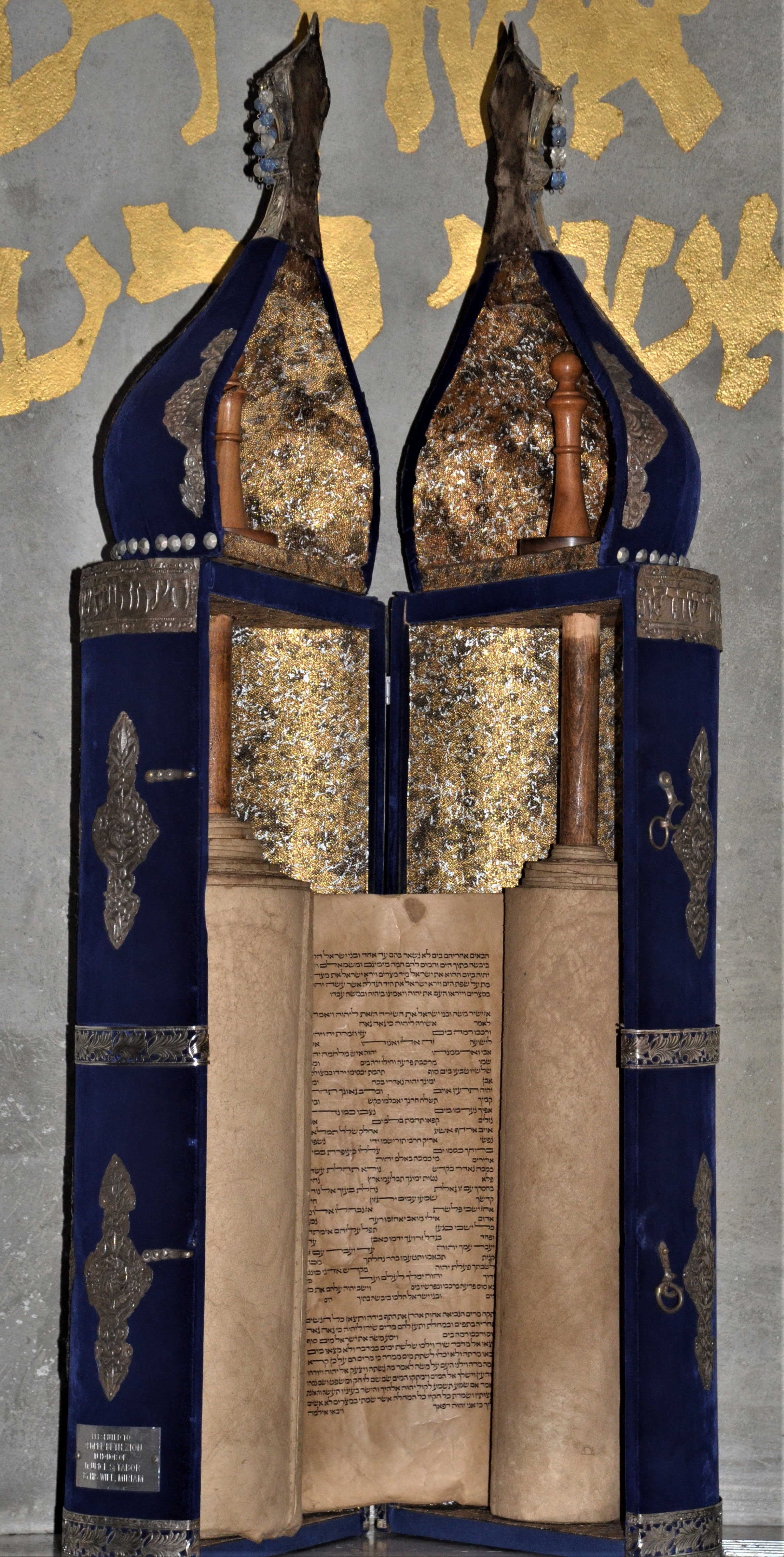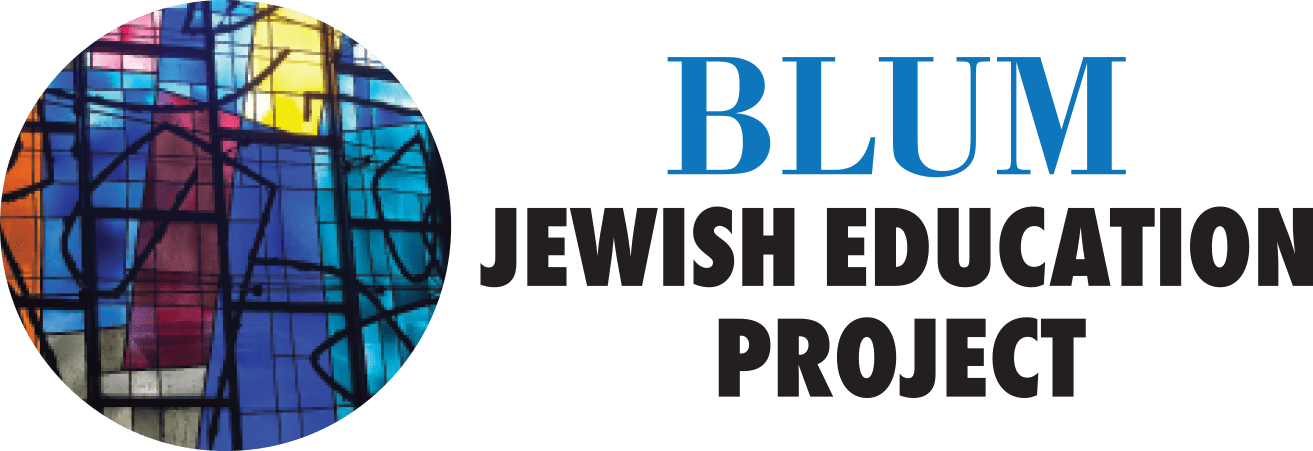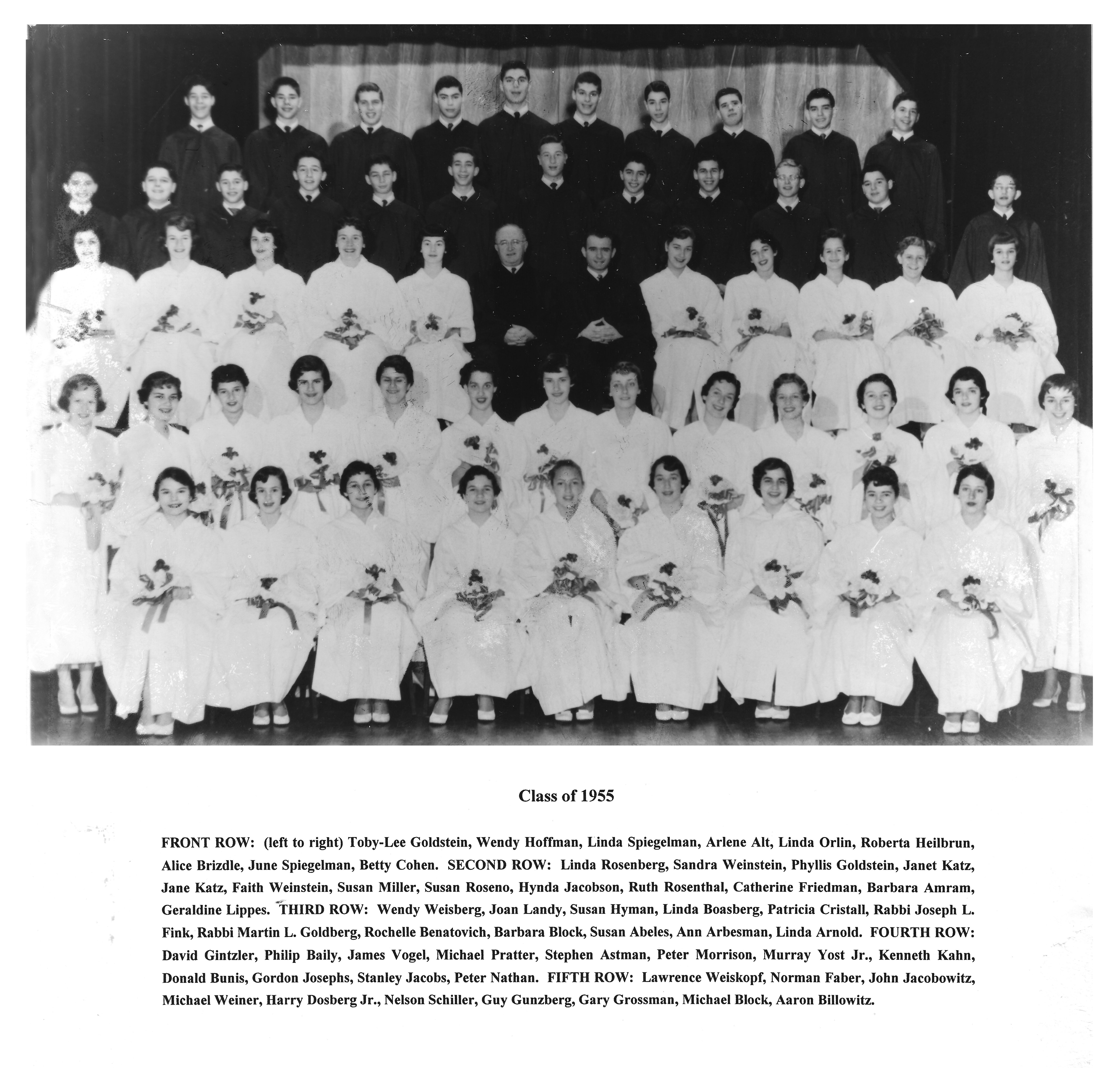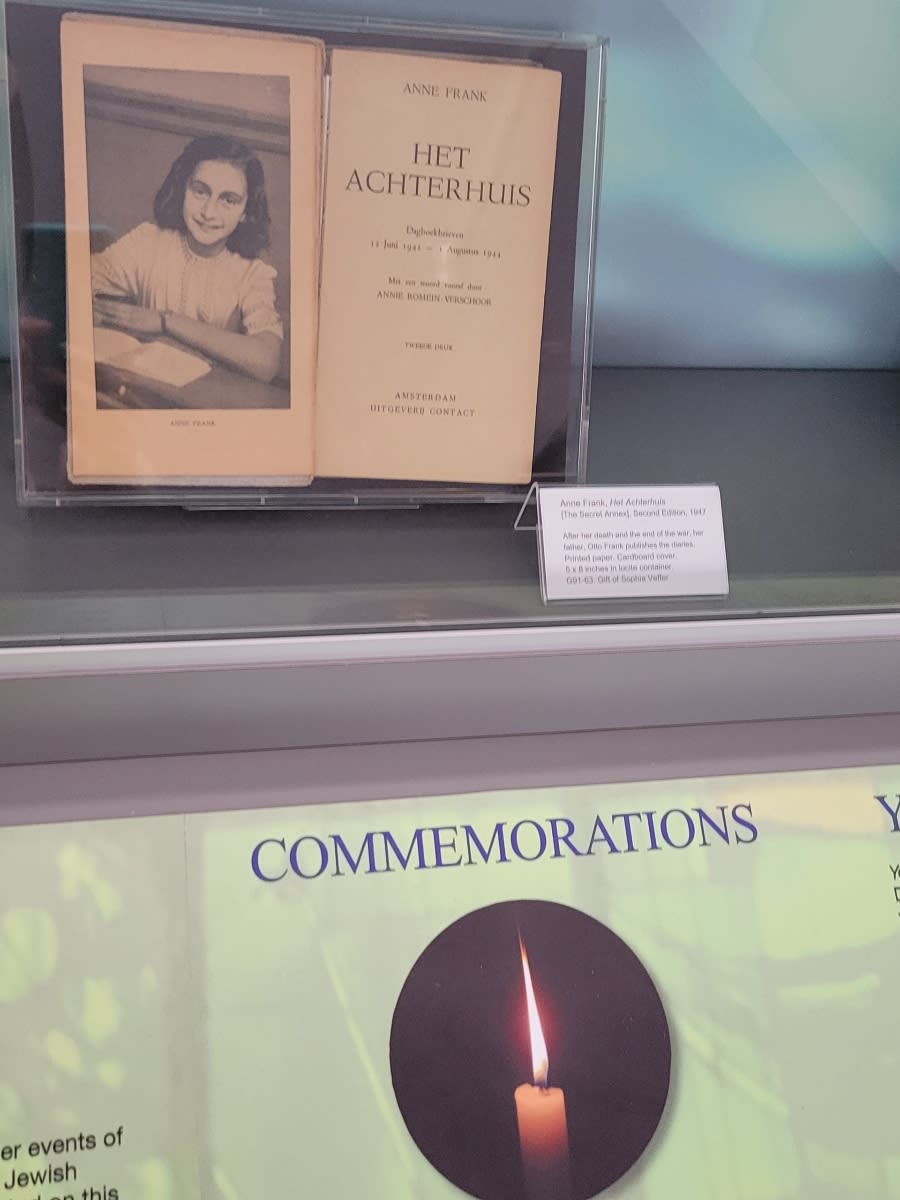New York State Common Core Learning Standards
The discussion and activities in these workshops will support both the Common Core learning standards in social sciences, and the New York State learning standards in the arts. Each is meant to engage students through original works of art, other materials, and primary sources to provide an in-depth experience. The following standards are utilized in our workshops, and are the relevant portions of the New York State Education site that applies to the Blum Jewish Education Project.

Grade 6 Social Studies
SS.6.3.a: Humans living together in settlements develop shared customs, beliefs, ideas, and languages that give identity to the group.
SS.6.4.b: Belief systems and religions are based on a set of mutually held values.
SS.6.4.b.1: Students will study the belief systems of Judaism, Christianity, Islam, Buddhism, Hinduism, and Confucianism by looking at where the belief system originated, when it originated, founder(s) if any, and the major tenets, practices, and sacred writings or holy texts for each. (Note: Although not within this historic period, students may also study Sikhism and other major belief systems at this point.)
SS.6.4.c: Belief systems and religions often are used to unify groups of people and may affect social order and gender roles.
Photography by Catherine Linder Spencer, Cofeld Judaic Museum, 2023

Grade 9 Social Studies
SS.9.2: BELIEF SYSTEMS: RISE AND IMPACT: The emergence and spread of belief systems influenced and shaped the development of cultures, as well as their traditions and identities. Important similarities and differences between these belief systems are found in their core beliefs, ethical codes, practices, and social relationships.
SS.9.2.a: Belief systems developed beliefs and practices to address questions of origin, the requirements to live a good life, and the nature of the afterlife.
SS.9.2.b.1: Students will examine similarities and differences across Hinduism, Buddhism, Judaism, Christianity, Islam, and Confucianism regarding their effect on social order and gender roles.
Photography by Catherine Linder Spencer, Cofeld Judaic Museum, 2023.

Grade 11 Social Studies
SS.11.8: WORLD WAR II (1935 – 1945): The participation of the United States in World War II was a transformative event for the nation and its role in the world.
SS.11.8.c: In response to World War II and the Holocaust, the United States played a major role in efforts to prevent such human suffering in the future.
SS.11.8.c.1: Students will investigate American officials' knowledge of the Holocaust, evaluating the degree to which intervention may have been possible.
SS.11.8.c.2: Students will examine the contributions of Supreme Court Justice Robert Jackson and his arguments made as Chief Prosecutor for the United States at the Nuremberg War Crimes trials.
Roblin Affidavit for Speier (refugee) family, 1939. Documentary collections, Cofeld Judaic Museum
Contact us:
(716) 886-7150
workshops@blumproject.org

©️ 2025 The Blum Jewish Education Project. All rights reserved.


